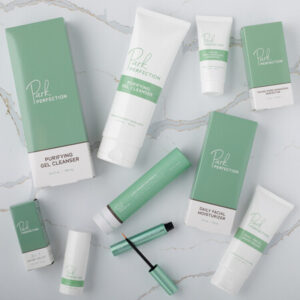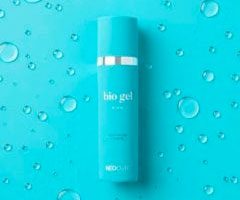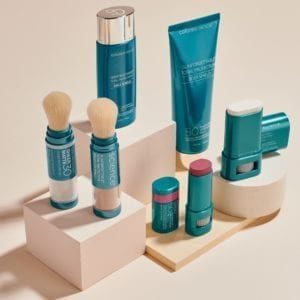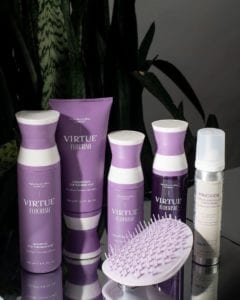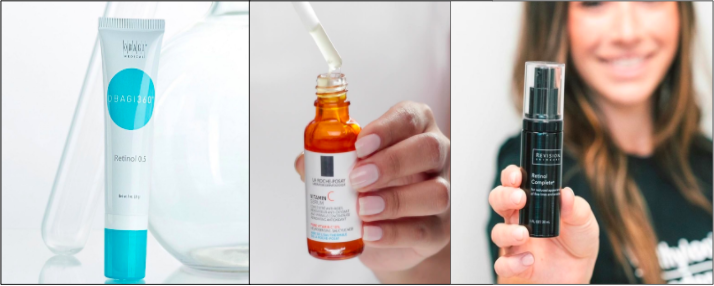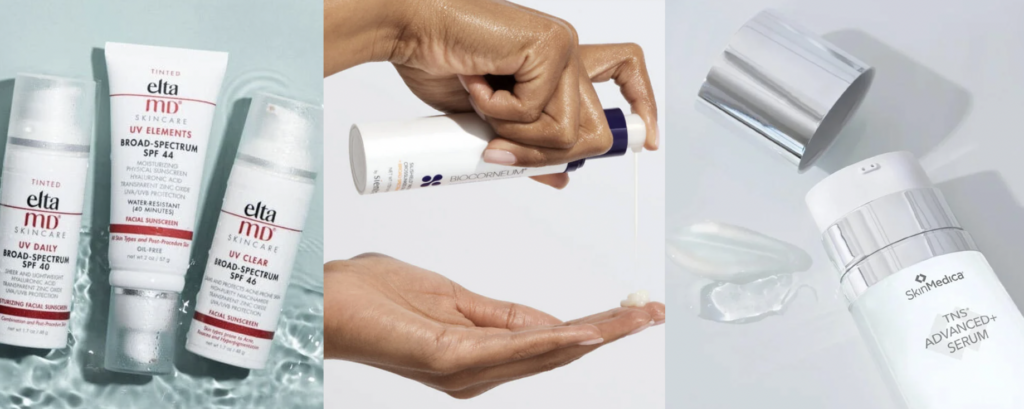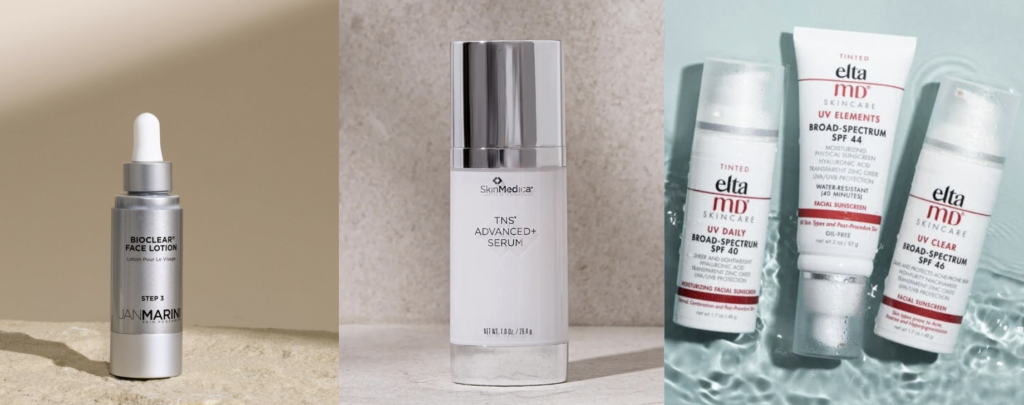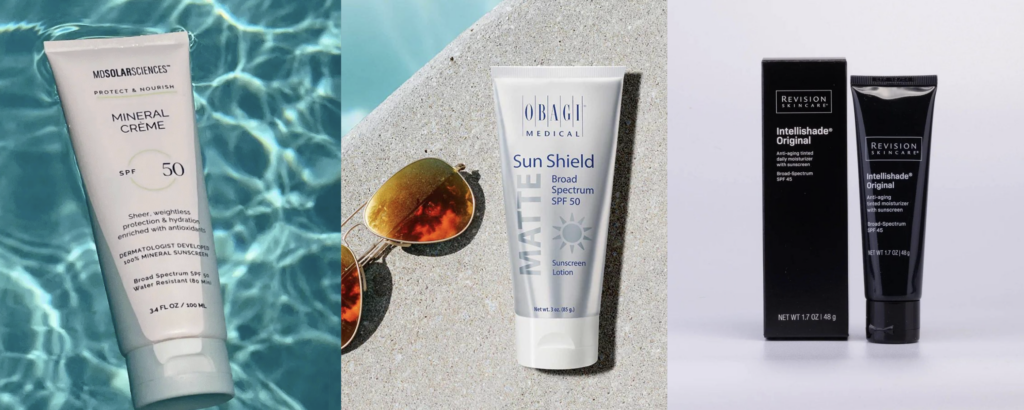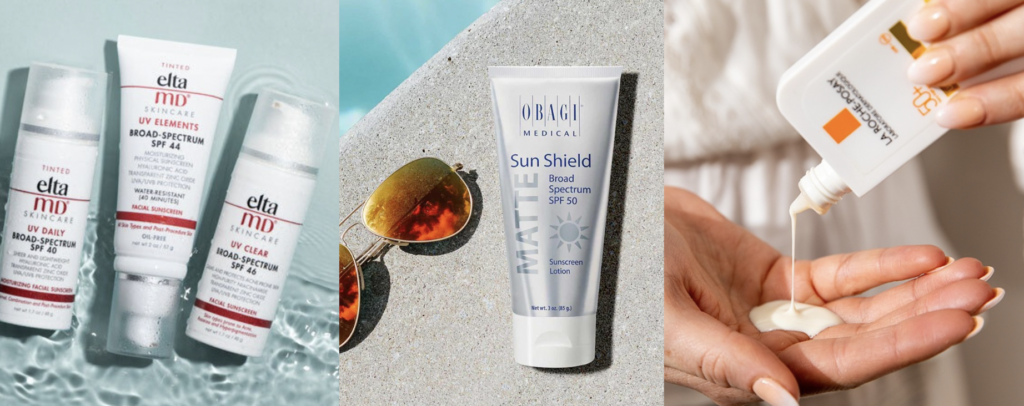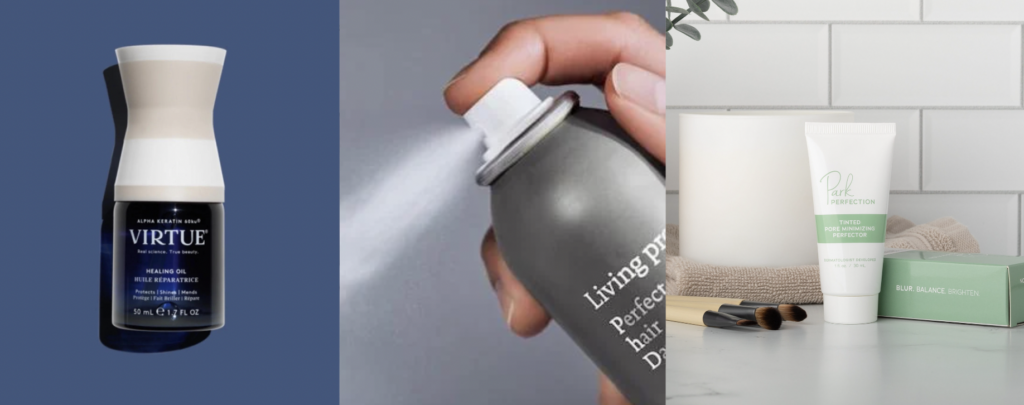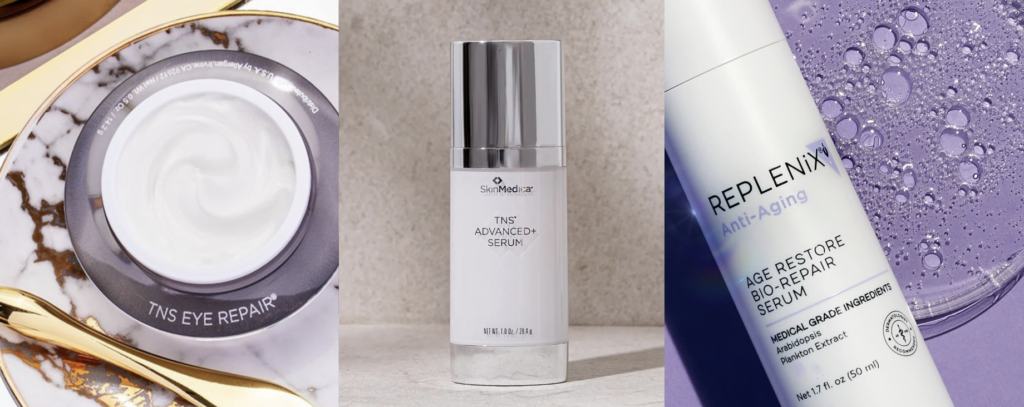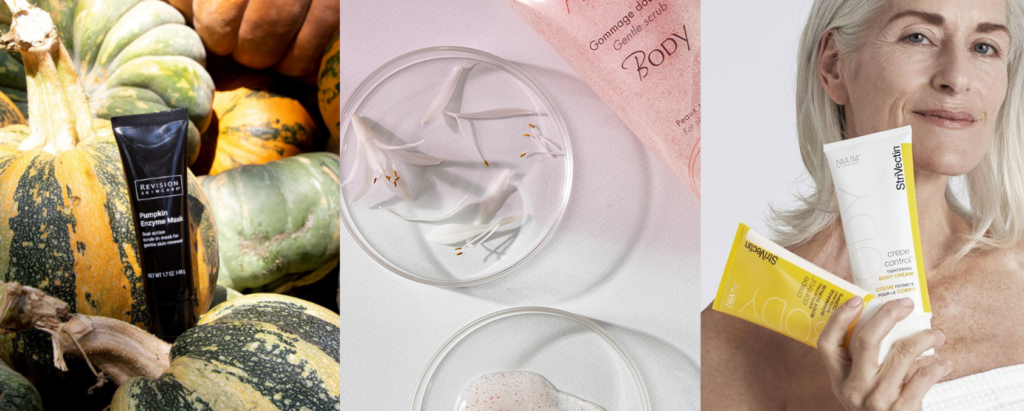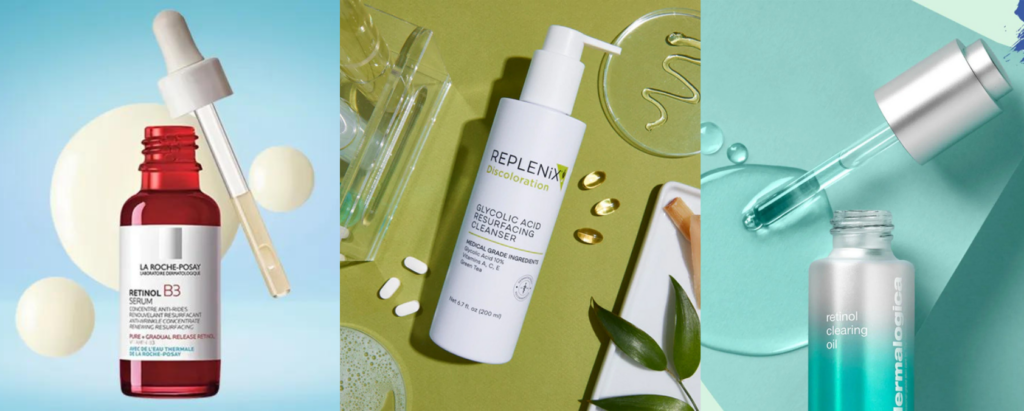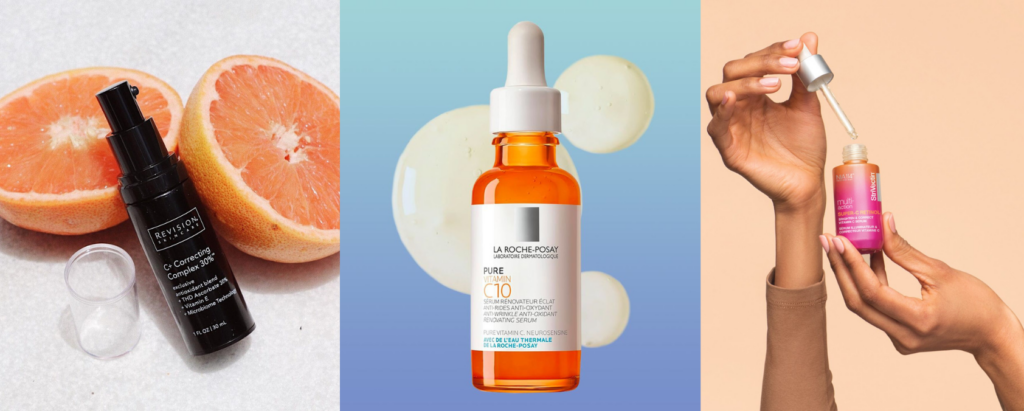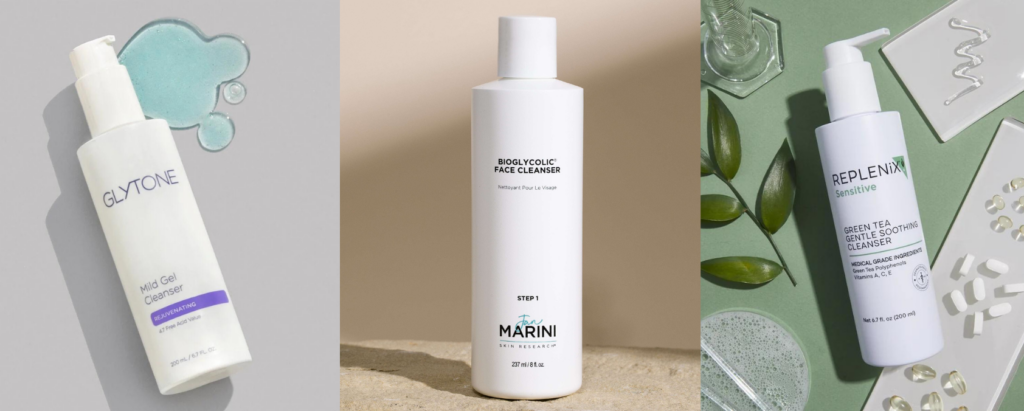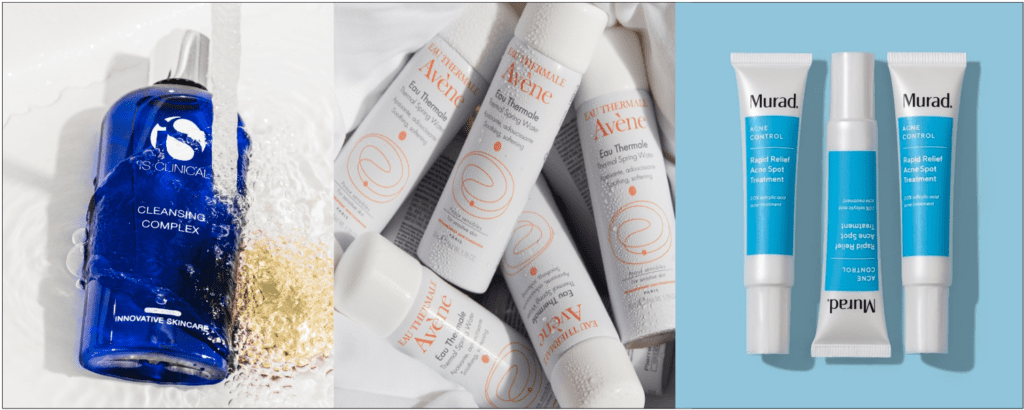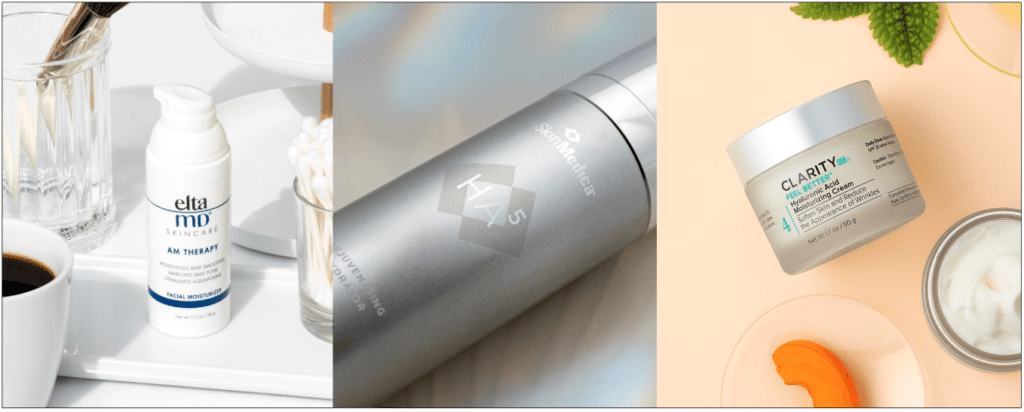Skincare can be overwhelming; once you figure out your skin type, you find yourself facing skin concerns. Once you find out what ingredients to use, you have to decide what concentration of them to use, which can be understandably confusing for someone who isn’t familiar with the ingredients and what they’re used for. That’s what DermWarehouse is here for! Especially with ingredients that can be a bit irritating for skin, it’s important to look into what strength or concentration will be best for you. Below, we’ve listed some popular ingredients that come in various strengths, and how to determine what strength is best for you.
Retinol
The skincare world’s magic ingredient. Retinol is known primarily for anti-aging, but it’s also effective for healing acne and uneven skin texture. Retinol, however, can be irritating for new users, due to its ability to increase the rate of cell turnover quickly and efficiently. Based on your skin type, concerns and tolerance, you’ll need to find the right strength of retinol.
- If you are a first-time or newer user of retinol, or if you naturally have dry or sensitive skin, starting with a lower strength retinol is your best bet. You’ll be able to see results with daily use without causing your skin to flake or peel. The SkinMedica Retinol Complex 0.25 is a great place to start, as it utilizes a lower strength of retinol for renewing the skin and tackling fine lines and wrinkles.
- If you’re struggling with skin concerns such as uneven texture or sagging skin, you’ll want to use a moderate strength retinol. Start by adding it into your routine 2-3 nights a week with your regular skincare routine, building up to more nights based on how your skin reacts. Safe enough for all skin types, the Obagi360 Retinol 0.5 has a moderate strength of retinol for those looking to build it into their skincare routine.
- If you’re facing more serious skin concerns, like signs of aging or uneven skin tone, you’ll want to use a higher strength retinol, like the Revision Skincare Retinol Complete 1%, with a higher strength of retinol that helps to address your skin issues while keeping your skin hydrated.
Vitamin C
Vitamin C is beloved as a miracle ingredient for brightening your skin tone, fading dark spots and healing a dull complexion. It’s one of the most potent antioxidant ingredients we use for skincare, making it essential to choose the right concentration for your skin to avoid irritation.
- If you have sensitive skin, start with a lower concentration of Vitamin C, around 5%, to make sure that it doesn’t irritate your skin.
- For other skin types, the higher in concentration you go, the more effective the product will be. However, results tend to plateau at around 20%, so finding a good balance for your skin based on trial and error is essential. Revision Skincare’s Vitamin C Lotion 15% is a great balance for those looking to add Vitamin C into their routine.
- If you have oily or normal skin, look for the form of Vitamin C titled “L-Ascorbic Acid,” as it is the most potent and the most effective. La Roche Posay’s Redermic C Vitamin C Cream uses L-Ascorbic Acid to visibly plump skin while keeping it hydrated and smooth.
- However, if you have dry or sensitive skin, seek out “Magnesium Ascorbyl Phosphate,” a water-soluble form of Vitamin C, as it’s known to be less irritating.
Glycolic Acid
Glycolic acid is a popular alpha-hydroxy acid, used as a chemical exfoliant for the skin that rids the pores of dead skin cells, dirt and oil. It’s effective for many different skin concerns, including acne, signs of aging, congested pores and more.
- Just like other ingredients, if you suffer from sensitive skin, you’ll want to start slow. Use a low concentration of glycolic acid a couple of times a week and build up as your skin tolerates it.
- Oily or acne-prone skin tends to tolerate a higher concentration of glycolic acid. If this fits your skin profile, try the Neostrata Glycolic Renewal Smoothing Lotion with 10% glycolic acid to smooth and rejuvenate the skin.
AHAs like glycolic acid make your skin photo-sensitive, so don’t skip sunscreen.
When it comes to any and all skincare ingredients, you’ll want to test them on your skin first. Be sure to keep an eye out for what might irritate you.

